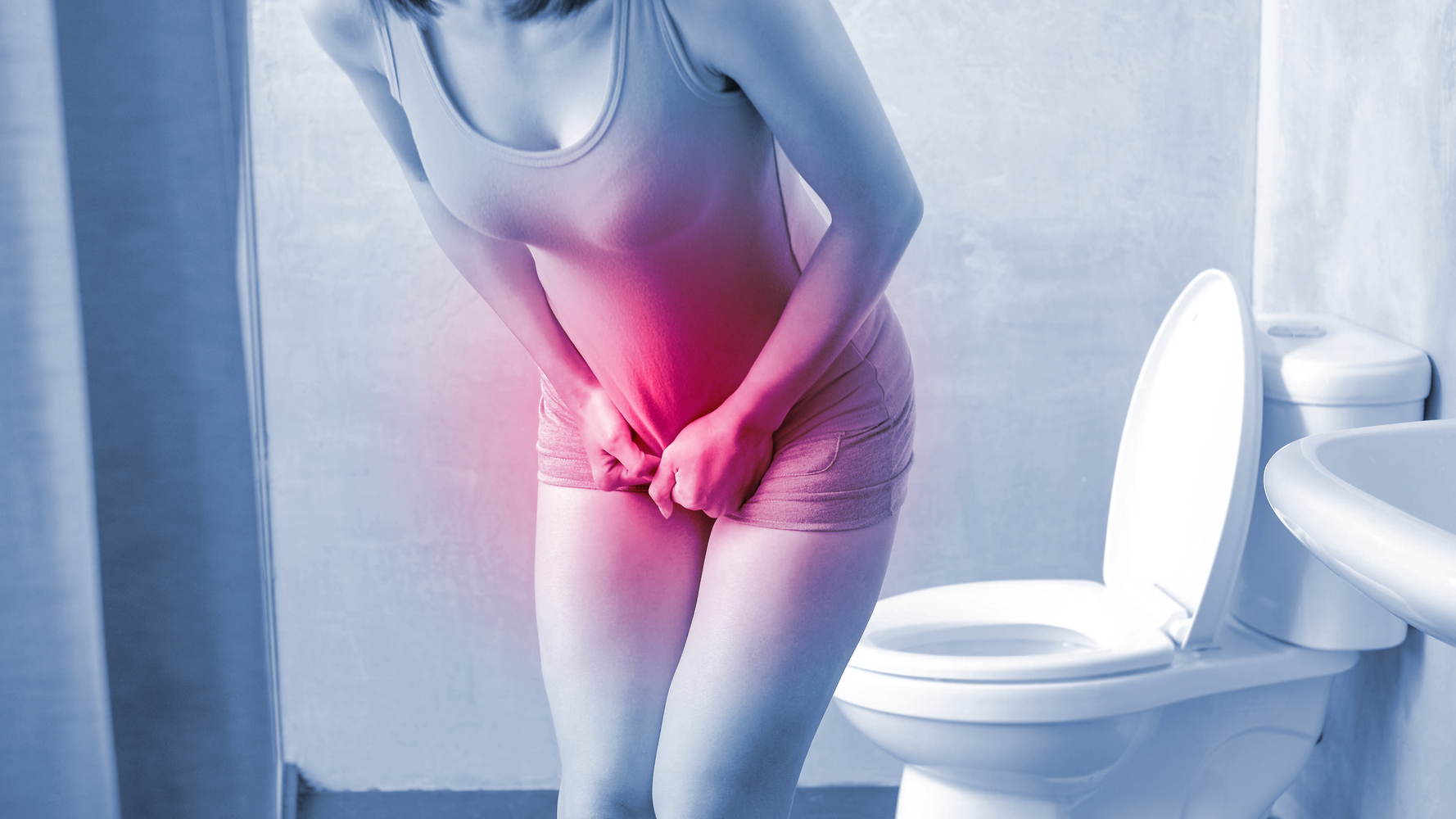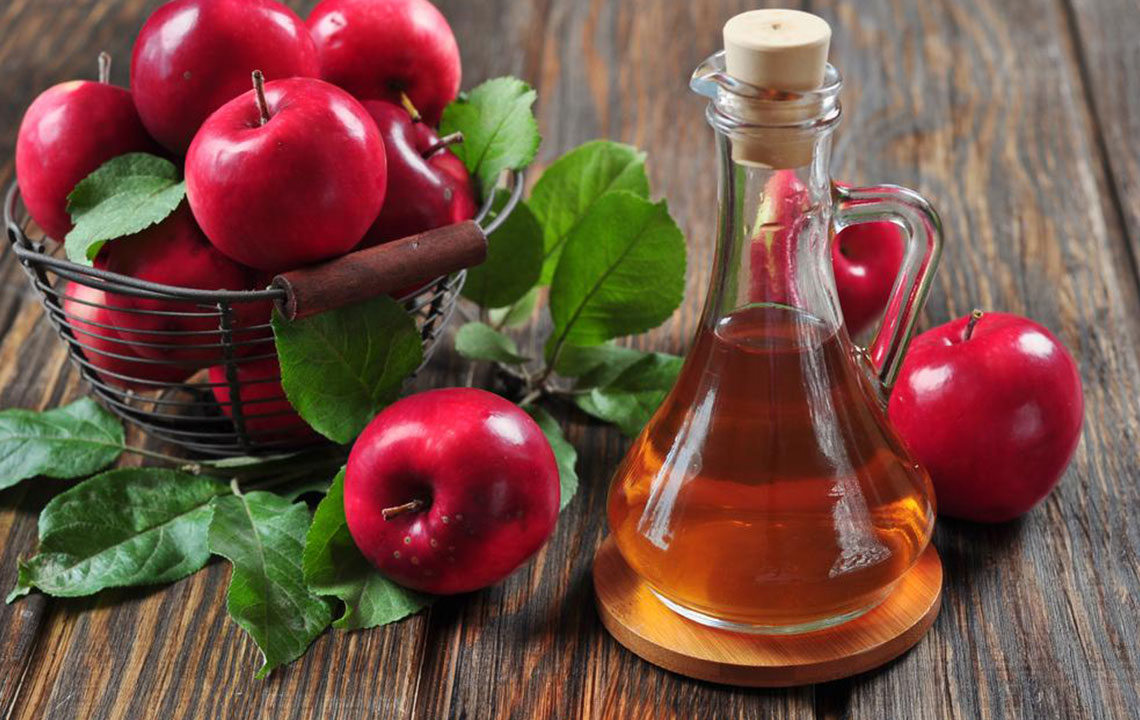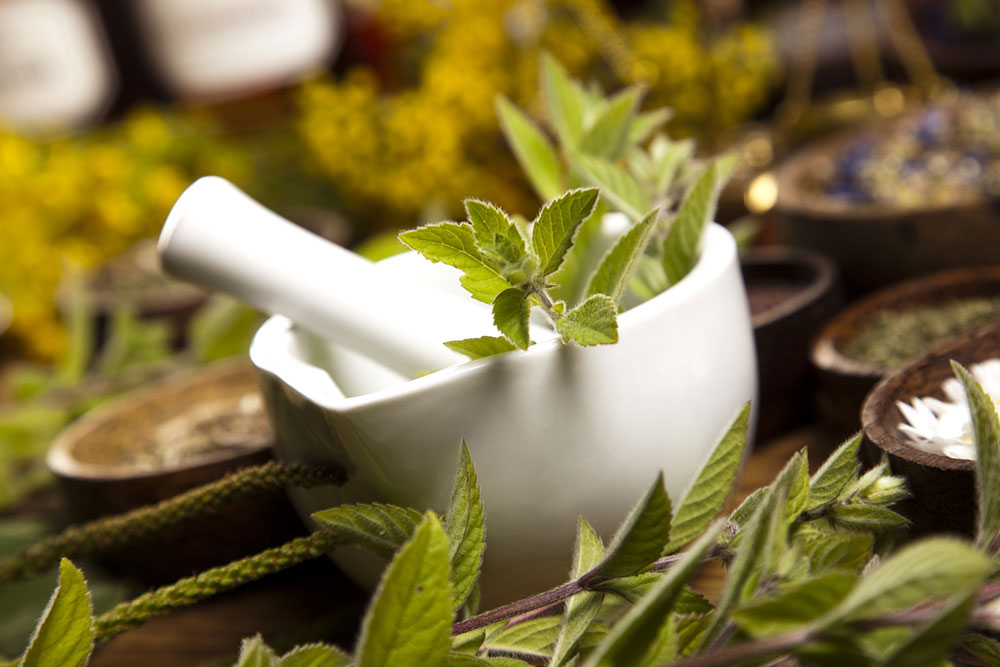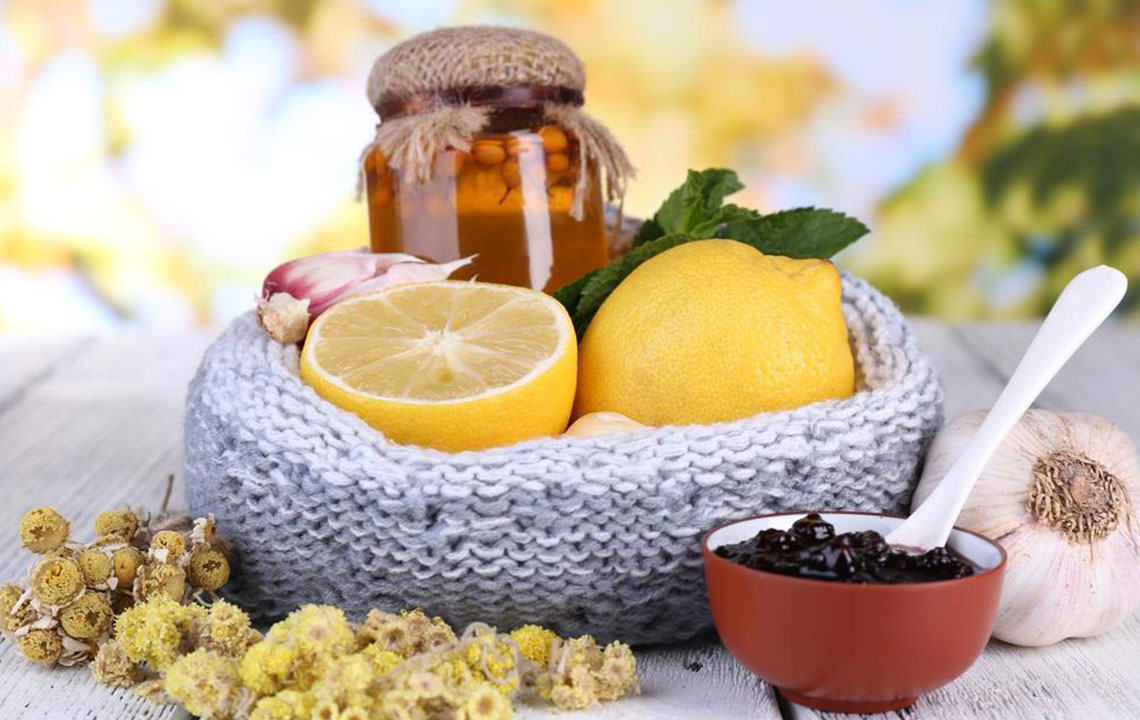Natural Strategies for Relieving Bladder Infection: Effective Approaches and Tips
This comprehensive article explores effective natural treatments for bladder infections, including remedies like baking soda, cranberry juice, and heat therapy. It emphasizes lifestyle and dietary changes that support urinary health, such as stress management and proper hydration. Ideal for individuals seeking non-pharmaceutical options, this guide provides practical advice for alleviating symptoms and promoting recovery from cystitis. Always consult a healthcare professional for persistent or severe symptoms to ensure proper diagnosis and treatment plans. Promote bladder health naturally with these proven strategies.

Natural Strategies for Relieving Bladder Infection: Effective Approaches and Tips
Bladder infections, medically termed cystitis, are a prevalent condition characterized by inflammation of the bladder lining, often caused by bacterial infections in the lower urinary tract. This condition affects millions worldwide, especially women, and can significantly impact quality of life due to symptoms like pain, burning sensation during urination, frequent urges, and discomfort. Understanding the causes and exploring effective natural remedies can empower individuals to manage this condition and support recovery effectively. This comprehensive guide delves into various natural treatments, lifestyle modifications, and dietary tips designed to alleviate bladder infection symptoms and promote urinary health.
1. Using Baking Soda to Balance Urinary pH
One of the most accessible natural remedies for reducing bladder inflammation involves using baking soda, also known as bicarbonate of soda. This simple household ingredient acts as a potent alkaline agent that can neutralize excess acidity in urine, which is often responsible for burning sensations and irritation during cystitis episodes. When urine becomes overly acidic, it irritates the bladder walls, intensifying symptoms.
To harness the benefits of baking soda, mix half to one teaspoon of baking soda in a glass of water. Stir thoroughly until fully dissolved, then drink this solution slowly. Regular intake of this alkaline drink can help reduce urinary acidity, thereby easing pain and discomfort. Additionally, maintaining an alkaline environment in the urinary tract can inhibit the growth of pathogenic bacteria, possibly preventing further infections. However, it's essential to use baking soda in moderation and consult a healthcare provider before long-term use, especially for individuals with kidney issues or hypertension.
2. Managing Stress to Support Recovery
While stress isn’t directly responsible for causing bladder infections, it can exacerbate chronic cystitis and delay recovery. Elevated stress levels trigger the release of cortisol, which can weaken the immune system's ability to fight off infections and promote inflammation.
Incorporating stress-reduction techniques into daily routines can significantly benefit bladder health. Practices like yoga, meditation, deep-breathing exercises, and mindfulness meditation help lower cortisol levels, reduce tension, and improve overall well-being. Engaging in gentle outdoor activities, such as walking through parks or nature reserves, can further promote relaxation and reduce stress-related inflammation. Prioritizing mental health and managing stress not only supports immune function but also minimizes the chances of recurrent bladder infections.
3. Cranberry Juice and Its Role in Urinary Health
Cranberry juice has long been heralded as a natural remedy for urinary tract infections, and scientific studies support its potential benefits. The active compounds in cranberries, particularly proanthocyanidins, can prevent bacteria such as E. coli from adhering to the lining of the urinary tract, thereby reducing infection risk.
Although research results are mixed, incorporating unsweetened cranberry juice into your diet may improve urinary health and decrease symptom severity. Be cautious with added sugars, which can negate health benefits. Additionally, increased fluid consumption, including cranberry juice, helps flush bacteria from the urinary system, dilutes urine, and reduces irritation. Opt for pure, concentrated cranberry extract or unsweetened juice for better results.
4. Applying Heat for Pain Relief
Heat therapy is a widely used, non-invasive method to alleviate bladder discomfort and pelvic pain associated with cystitis. Applying warm compresses or heating pads to the lower abdomen or pelvic region can relax tense muscles, soothe nerve endings, and diminish pain signals.
Use a warm but not hot heating pad or cloth to prevent burns, and apply it for 15-20 minute intervals. Repeated sessions throughout the day can provide significant relief from burning sensations and aching. Heat therapy is especially beneficial during flare-ups, offering comfort without medication, though it should be used cautiously and in combination with other treatments for best results.
5. Exploring Acupuncture as a Complementary Therapy
Traditional Chinese medicine, particularly acupuncture, has gained popularity as a supportive treatment for chronic and interstitial cystitis. Acupuncture involves inserting fine needles into specific points on the body to promote healing, restore balance, and relieve pain.
Many patients report a reduction in pelvic pain, urinary frequency, and inflammation after regular acupuncture sessions. However, it’s vital to seek certified, experienced practitioners and consult your healthcare provider before starting acupuncture. While not a substitute for medical treatment, acupuncture can serve as a complementary approach to improve symptoms and promote overall urinary health.
6. Staying Properly Hydrated
Hydration plays a critical role in preventing and managing bladder infections. Adequate fluid intake helps flush bacteria out of the urinary tract, dilutes irritants, and reduces bladder wall inflammation. Experts recommend drinking at least 3 liters (about 100 ounces) of water daily, adjusted for individual needs and activity levels.
Consistent hydration thwarts bacterial colonization and encourages rapid elimination of toxins. Drinking water throughout the day maintains urine flow and prevents dehydration, which can harden urine and make irritation worse. Additionally, consuming herbal teas or other non-caffeinated beverages contributes to hydration efforts, supporting overall urinary system health and facilitating faster recovery.
7. Incorporating Vitamin C-Rich Foods for Immune Support
Vitamin C is a powerful antioxidant that enhances immune function and reduces inflammation. Including vitamin C-rich foods like oranges, strawberries, bell peppers, kiwi, and grapes in your daily diet can bolster your body’s defenses against urinary infections.
High vitamin C intake can also acidify urine slightly, making the environment less hospitable for bacteria. Moreover, these fruits are packed with other beneficial nutrients that support tissue repair and reduce swelling in the bladder lining. Ensuring a balanced intake of vitamin C through diet and supplements, as recommended by a healthcare professional, can contribute significantly to managing cystitis symptoms and speeding up healing.
Important Considerations and When to Seek Medical Advice
Natural remedies and lifestyle modifications can be highly effective in reducing symptoms and supporting recovery from bladder infections. However, persistent or severe symptoms—such as fever, chills, severe pain, blood in urine, or recurrent infections—should prompt immediate consultation with a healthcare provider. Proper diagnosis, possibly including urinalysis or urine culture, is essential to rule out other conditions and to determine whether antibiotics or other medical treatments are necessary.
Combining natural therapies with medical guidance ensures a comprehensive approach to urinary health. Maintaining good hygiene, avoiding irritants like caffeine and alcohol, and practicing safe sexual hygiene are also integral to preventing future episodes of cystitis.





